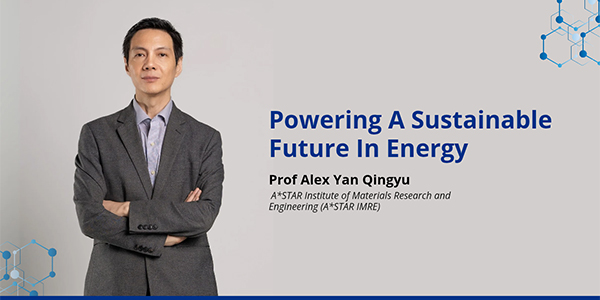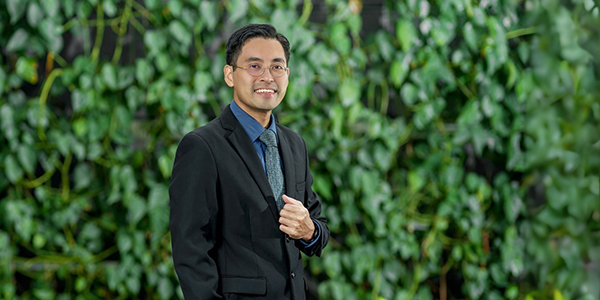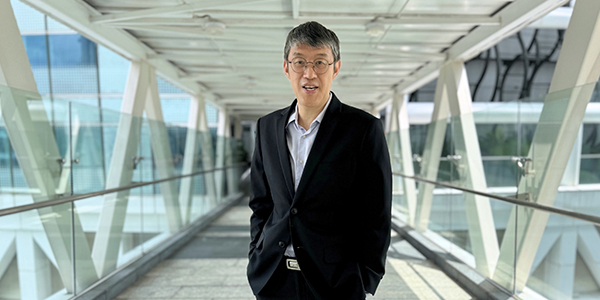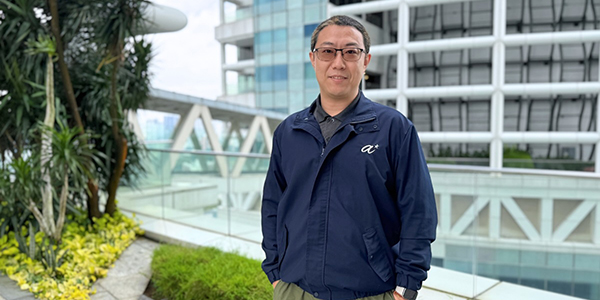FACES OF A*STAR
Closing the Gap to Net Zero
Developing catalysts to make green energy is crucial in the fight against climate change
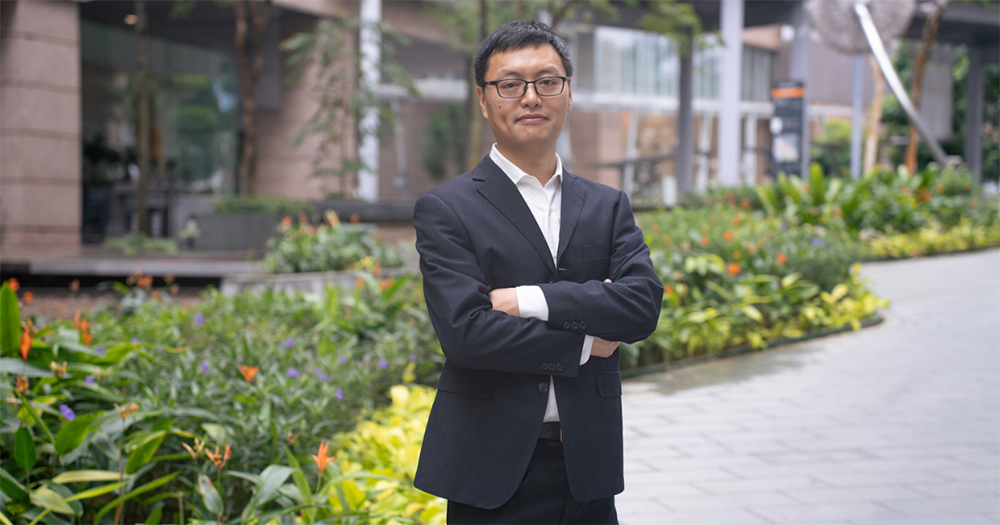
As a boy, Dr Xi Shibo dreamt of being a great warrior, inspired by the bravery of ancient Chinese swordsmen. As a scientist, he is waging war against global warming through his work at A*STAR’s Institute of Sustainability for Chemicals, Energy and Environment (ISCE2).
Dr Xi and his team developed new catalysts for renewable energy production to improve the efficiency of industrial processes and help industries move closer to achieving net zero.
“One of the biggest problems hampering sustainability is climate change,” he says. “Climate change has far-reaching and damaging effects on the environment, including rising temperatures, changes in precipitation patterns, more frequent and severe natural disasters, and rising sea levels.
“These effects affect our ecosystems, biodiversity, human health, and global economy. Climate change also exacerbates other environmental problems such as air pollution, water scarcity, and biodiversity loss,” Dr Xi adds.
Dr Xi uses synchrotron radiation to characterise materials at the atomic level through X-ray absorption fine structure (XAFS) spectrometry. XAFS is a method that examines the structure and composition of catalysts.
Probing the structure of catalysts at the atomic level fascinates him, helping him to understand how materials work together to produce chemical reactions.
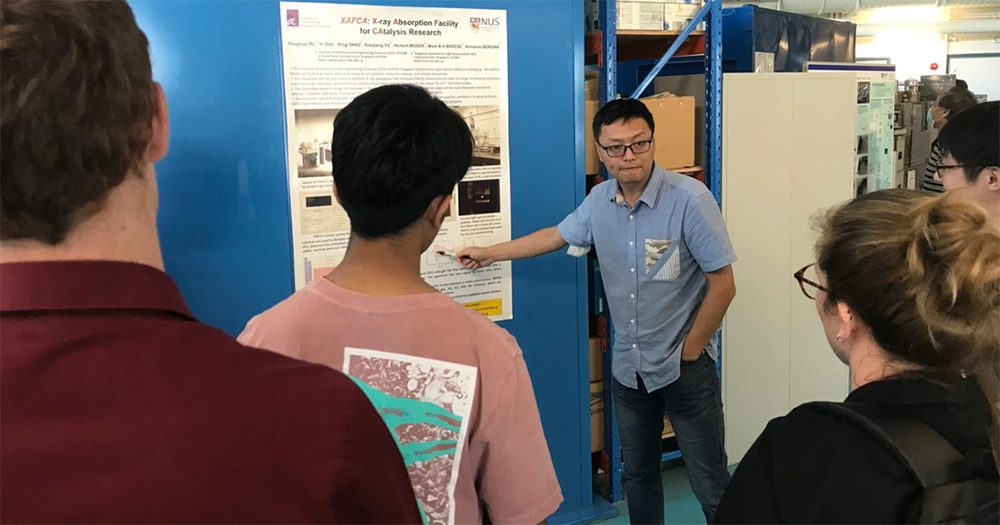
During a visit from Tanglin Trust School, Dr Xi Shibo shared about the X-ray absorption fine structure (XAFS).
“This rigorous scientific process, in turn, helps us to develop new and better catalysts with improved performance and sustainability,” he explains.
These improved catalysts can help businesses leverage new sustainable technologies, cut costs, and reduce their environmental footprint.
Recently, Dr Xi collaborated with scientists from the National University of Singapore to extract hydrogen from water more efficiently. The team discovered that light could trigger a new electro-catalytic water electrolysis method. This method could bode well for the future of hydrogen as an affordable source of clean energy.
As a stalwart of sustainability, Dr Xi notes that Singapore’s sustainability ecosystem is “relatively well developed” with multifaceted initiatives and various stakeholders. Still, continuous innovation and collaboration is key to achieving improved outcomes in the future, he adds.
Dr Xi has been with ISCE2 since 2012. He is also ranked as a Highly Cited Researcher and recognised as one of the world's most influential scientific minds in 2022.
Going forward, he plans to channel his curiosity on XAFS to the next level by using synchrotron radiation to further optimise catalytic processes, making catalysts more efficient and extending their lifetime for industrial applications.
To be a great scientist, you have to be passionate about your field of study. Read widely, network and collaborate,
Dr Xi says.
Was this article helpful?
A*STAR celebrates International Women's Day

From groundbreaking discoveries to cutting-edge research, our researchers are empowering the next generation of female science, technology, engineering and mathematics (STEM) leaders.
Get inspired by our #WomeninSTEM

